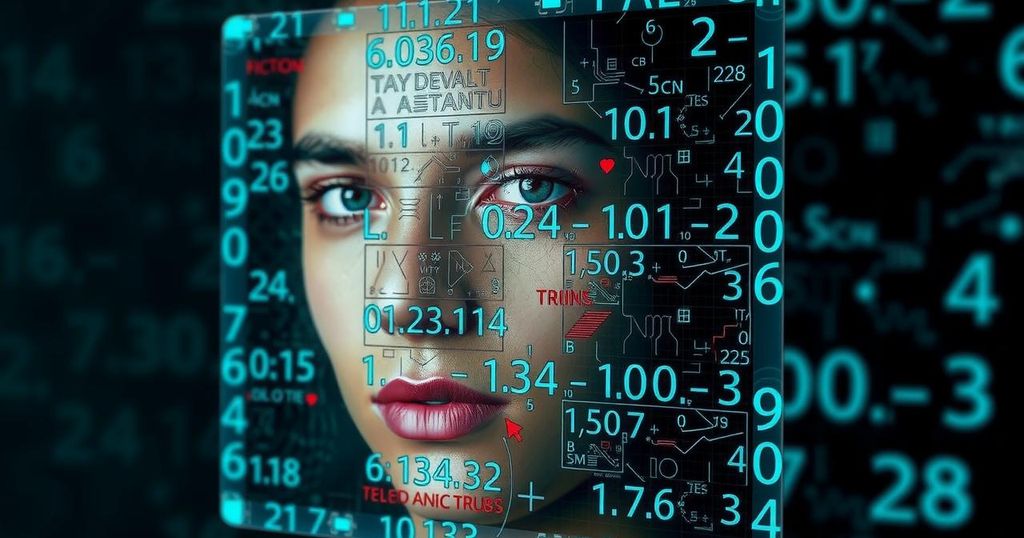FaceCheck.ID has added 50,000 photos to help locate missing persons, boasting over 920,000 entries. It utilizes sophisticated facial recognition technology to match images found online, operating on a cryptocurrency payment model. Concerns about privacy arise, particularly highlighted by a recent demonstration of its technology with smart glasses, suggesting a need for regulatory scrutiny in biometric surveillance.
FaceCheck.ID, a facial recognition search engine based in Honolulu, has reportedly added 50,000 photos of missing individuals to its extensive database, now exceeding 920,000 entries. The platform offers services aimed not only at locating missing persons but also at averting criminal activities by verifying individuals’ identities. Although its primary focus appears to be the safety of families from offenders, it employs a variety of image matching technologies to offer its services. The president of FaceCheck.ID, Lee Chong, emphasizes the importance of each new photo in increasing the chances of locating missing persons.
The site utilizes advanced facial recognition technology to compare uploaded photographs against vast collections from social media and public websites, including potentially illicit domains. Users can purchase search credits through cryptocurrency, with packages available like “Rookie Sleuth” and “Private Eye,” which allow for a specified number of searches within a certain timeframe. Despite its law enforcement-oriented language, the company states that its service is primarily for educational purposes and holds no liability for third-party data integrations. Furthermore, individuals can request the removal of their images from the database but must upload their own photo to initiate this process.
Recently, the ethical implications of facial recognition technology were spotlighted when two Harvard students demonstrated the use of Meta’s smart glasses to capture faces in real-time and search them via platforms like FaceCheck.ID. This incident raised concerns about privacy and the potential misuse of such technology, as FaceCheck.ID does not limit bulk searches like its competitor, PimEyes, which imposes restrictions to mitigate privacy violations. An audit also revealed that both services had been accessed multiple times by New Zealand law enforcement.
Facial recognition technology has advanced significantly, enabling platforms like FaceCheck.ID to aggregate and utilize vast amounts of visual data. These systems typically scan photos and match them with public data to identify individuals. The ability to facilitate searches for missing persons represents a critical application of biometric identification, which intersects with concerns about privacy and data ethics. The technology is often criticized for its invasive potential, as evidenced by the recent revelation of Harvard students using it in public spaces. With the ability to scrape images from social media, services like FaceCheck.ID highlight the tension between technological advancement and individual privacy rights.
FaceCheck.ID’s expansion of its photo database represents a significant development in biometric identification aimed at reducing criminal activity and assisting in locating missing persons. However, the ethical implications of its operation, coupled with its potential for infringing upon personal privacy, remain contentious. As technology continues to evolve, the balance between its beneficial applications and the protection of individual rights must be carefully navigated.
Original Source: www.biometricupdate.com





